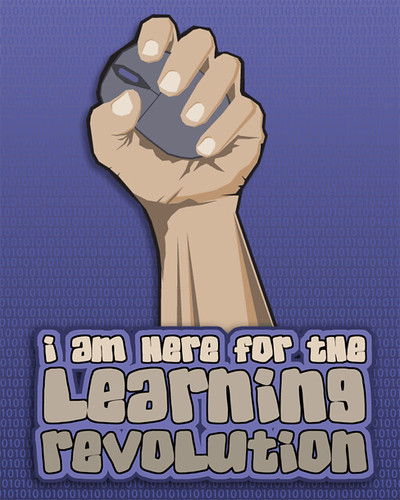In previous posts I have alluded to my "Google Axiom," which states that if the question can be answered quickly by Google, one must evaluate whether it is worth teaching to mastery. The answer isn't always "no," because many skills are foundational. Students need to memorize math facts and how to spell many words. However, recognizing allegory in Steinbeck's novels or triggers to a civilization's collapse aren't foundational, unless you're writing a dissertation. It's more important that students are capable of explaining allegory or identifying contributing factors to the destruction of the Incan empire. If you're simply asking them to list three allegories or circle "Western diseases," you're wasting their time, because Google can answer that question for them and in the real world it will. In so many cases, our assessments can and should be designed so they can't be completed by a Google Search. This means using Project Based Learning. Coincidentally, Google can be used to find answers for how to best teach and assess. Want a project for fractions? Ask the Internet!
Want students to learn about the political, cultural and physical geography of Africa? Have them use maps, graphs, charts and news articles to redraw borders using political, cultural, and physical features. Discuss how the random, haphazard division by colonial powers led to the instability and frequent clashes we see today. Explore some of the continents languages, cultures and political systems. Students can't Google: How do I divide up an entire continent? Please provide sources. This isn't just a better way to assess, it's a better way to learn!
There are many advantages to Project Based Learning, the least of which is the difficulty of "cheating." PBL allows students to express their knowledge and understanding in a medium of their choice; it allows them to express their ideas and creativity. In short, "Google-proofing" your assessment is best practice.
One final thought: What if the power goes out? Without gadgets and electricity, how will students know the atomic mass of uranium? This is a reasonable question, but the answer is pretty simple: if the power goes out for any sustained period of time and we return to the stone age, skills learned at summer camp (making fire with sticks, leather craft, etc.) are going to be far more important than atomic mass.
Obviously, this is all opinion. I would love to hear your thoughts on this! Please, comment below!

No comments:
Post a Comment
Please feel free to share your ideas, questions, and comments. That is what the Internet is about!